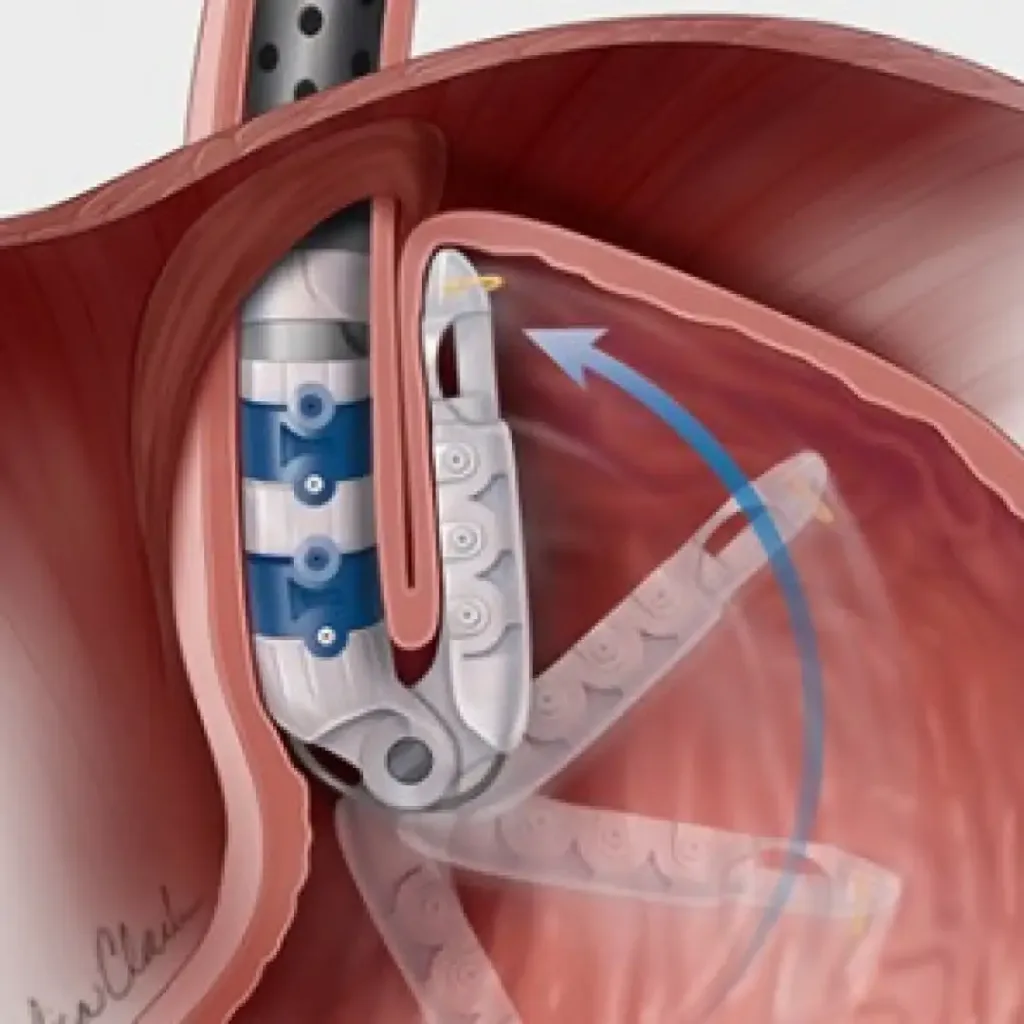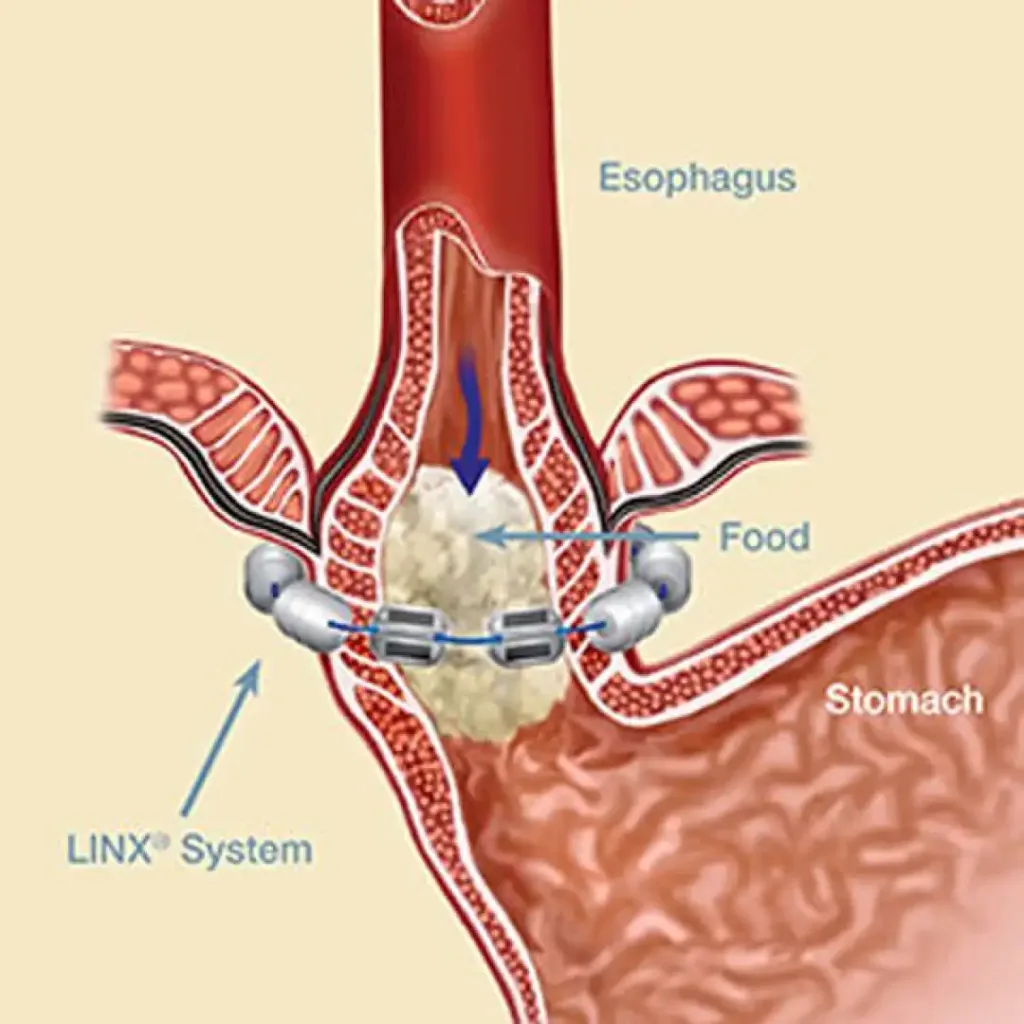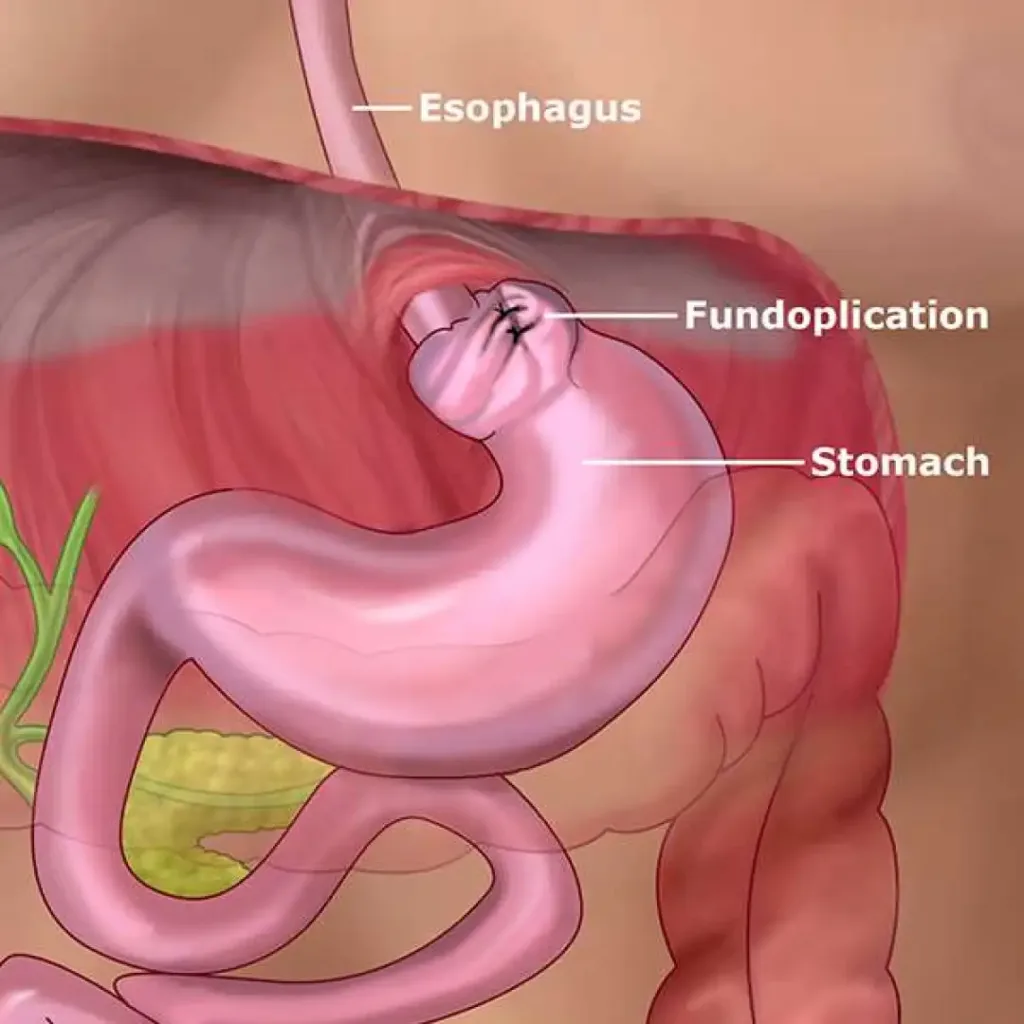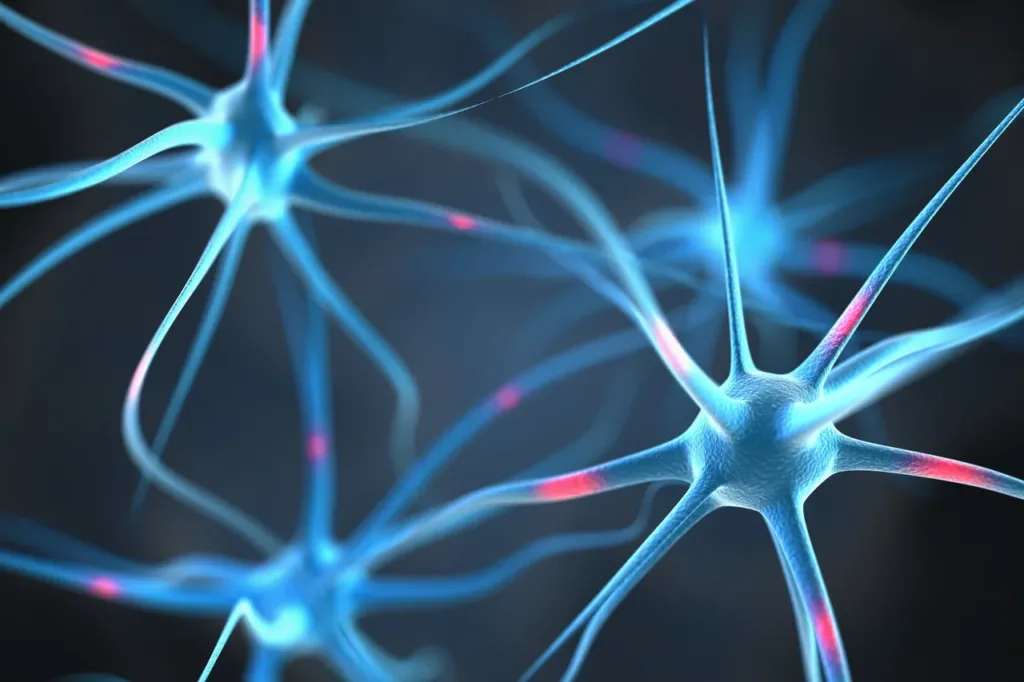weight loss medications
FAQ
weight loss medications
Q: What are weight loss medications?
A: Weight loss medications are drugs that are used to help individuals lose weight by either reducing appetite, increasing metabolism, or blocking the absorption of fat.
Q: What are some common weight loss medications?
A: Common weight loss medications include prescription drugs like orlistat, phentermine, and liraglutide (Victoza). Wegovy (semaglutide) is a newer medication approved for chronic weight management in adults with obesity or overweight. Ozempic is not explicitly approved for weight loss, although it is similar to Wegovy.
Q: How do weight loss medications work?
A: Weight loss medications work in different ways depending on the drug. Some drugs work by reducing appetite, while others increase metabolism or block the absorption of fat. Some medications, like Ozempic and Wegovy, mimic a hormone called glucagon-like peptide-1 (GLP-1) to help regulate blood sugar and suppress appetite.
Q: Who is a good candidate for weight loss medications?
A: Individuals who are overweight or have obesity and have not been able to lose weight through diet and exercise alone may be candidates for weight loss medications. However, not everyone is a good candidate for these medications, and a healthcare provider can help determine if they are appropriate.
Q: What are the potential side effects of weight loss medications?
A: The potential side effects of weight loss medications vary depending on the drug. Common side effects include nausea, diarrhoea, and headache. More serious side effects, such as increased heart rate and blood pressure, may occur with some medications. Individuals should talk to their healthcare provider about weight loss medications’ potential risks and benefits.
Q: What is Ozempic?
A: Ozempic (semaglutide) is an injectable medication to improve blood sugar control in adults with type 2 diabetes. It hasn’t been explicitly approved for use in chronic weight management in adults with obesity or overweight.
Q: What is Wegovy?
A: Wegovy (semaglutide) is a new medication approved for chronic weight management in adults with obesity or overweight. It is similar to Ozempic but is specifically indicated for weight loss and is available in a higher dose. It contains the same substance as Ozempic and is made by the same company; however, it may slightly differ in the doses available.
Schedule an appointment
weight loss medications Read More »

















